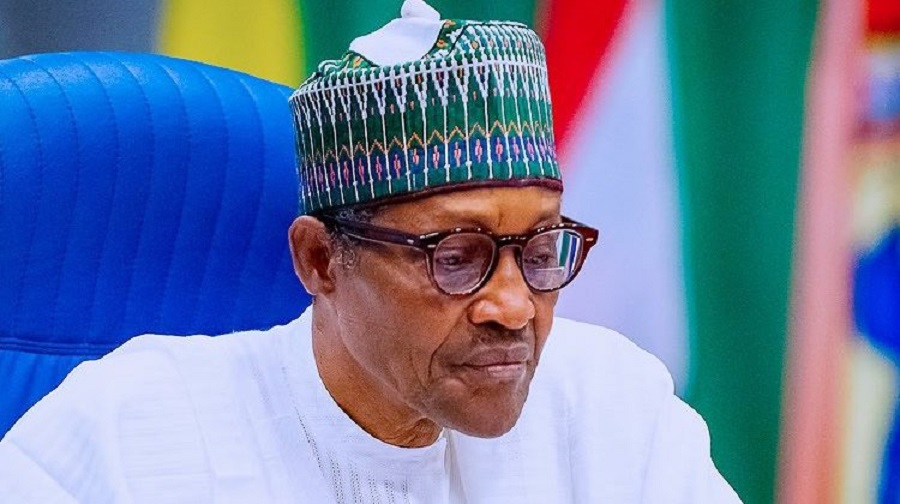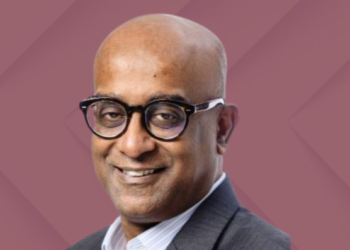In practice, wealthy people benefit more from petrol subsidies and poor people benefit only 3%. This is according to the World Bank in its Nigeria Public Finance Review report released recently. The report went further to state that universal price subsidies for liquid petroleum products are almost always regressive because the rich consume far more than the poor both directly and indirectly.
Petrol subsidies are especially regressive because it is used primarily in light and medium-duty vehicles, which are rarely owned by the poor, and petrol is also much less of an intermediate good than diesel.
The report points to some factors that could be hampering Nigeria’s economic development. It states:
- “The cost of the subsidy rose from 4% of federation oil and gas revenue captured by the Nigeran National Petroleum Company Limited in 2020 to 42% in 2021, an untenable fiscal burden for a country with Nigeria’s enormous infrastructure deficit and vastly underserved population.”
Distort efficiency incentives: The report also says that Nigeria’s petrol subsidy distorts efficiency incentives, promoting its nonessential as well as inefficient use. The subsidy also makes petrol much cheaper in Nigeria than in the neighboring countries, creating enormous financial incentives for smuggling and benefitting criminal syndicates at the expense of the public.
In October 2022, President Muhammadu Buhari announced that the petrol subsidy will be removed by June 2023, when he left office, effectively passing on the responsibility to another administration.
The World Bank report recommends the following steps for Nigeria to reverse the stagnant nature of its economy as a result of wasteful spending, especially payment of petrol subsidies. The report states:
- In the short term, no other reforms are more important than to fully eliminate the petrol, electricity, and exchange rate subsidies, so that all tiers of government would then be able to use part of the savings to invest in much-needed human and physical capital and to protect the poor and vulnerable with targeted programs.
- Public support for removing these harmful and inefficient subsidies can be gained by the establishment of a “compact” that combines the subsidy removal with the identification of key services and support programs (time-bound cash transfers for the poor) to be delivered with the savings, and a commitment to adhere to expenditure ceilings for “general administrative expenditures”, which currently absorb a high share of total spending.
- Safeguarding oil and gas revenues by protecting the federation’s oil and gas assets and ensuring that the federation receives what is due.
For the record: The World Bank report says that lessons from international experience make it clear that no government action can effectively stop the diversion of subsidized fuel as long as large price differences remain.
- The World Bank recommends that the government uses the opportunity of social protection expansion following the Covid-19 pandemic, to phase out the petrol subsidy while utilizing cash transfers to safeguard the welfare of poor and middle-class households.
- The World Bank notes that Nigeria’s petrol subsidy creates fuel shortages and rationing through the black-market increased prices paid by end-users. According to the World Bank, monthly fuel-price surveys covering all 36 states and the Federal Capital Territory show great variation in actual petrol prices paid, especially in times of acute petrol shortages.





















These people do not know that the savings from the removal of subsidies will still be looted by the rich. Also, they are not looking at the ripple effect the removal will have on the prices of goods and cost of transportation.